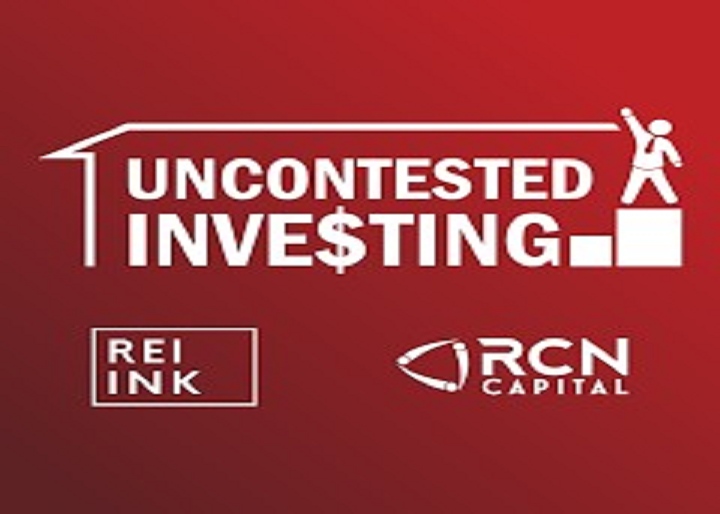ZOMBIE FORECLOSURES REMAIN SPARCE AROUND U.S. IN FOURTH QUARTER AMID ONGOING STRONG HOUSING MARKET
Zombie-Property Trends Follow Decrease in Overall Foreclosure Cases ATTOM, a leading curator of land, property data, and real estate analytics, released its fourth-quarter 2024 Vacant Property and Zombie Foreclosure Report showing that 1.4 million (1,355,909) residential properties in the United States are vacant. That figure represents 1.3 percent, or one in 77 homes, across the nation – virtually the same as in third quarter and up just slightly from a year ago. The
Read More








